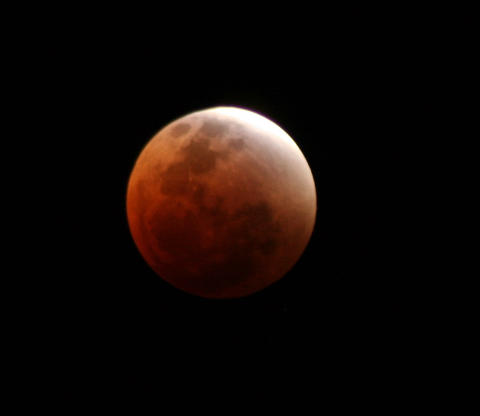Blood moons have historic, religious (Christian and Jewish) and astronomical significance.

From an astronomical perspective, almost any total lunar eclipse could be called a blood moon as the moon does tend to turn a coppery-red colour. Historically, full moons of every month have been given names and the full moon in October was called the “Harvest Moon” or “Blood Moon” or “Sanguine Moon”.
The Biblical aspect of the phrase blood moon comes from end of times prophecy where the moon is supposed to turn blood red. As stated in Joel 2:31 –
“The sun will be turned to darkness and the moon to blood before the coming of the great and dreadful day of the LORD.”
The recent intrigue surrounding blood moons also comes from the fact that over 2014-2015, we will be seeing four total lunar eclipses in a row without any partial eclipses in between which, will be separated by six full moons. This lunar tetrad, is quite rare with only eight that will occur this century and the ones in 2014-2015 will happen to fall on the Jewish feasts of Passover and Tabernacles – an even rarer phenomenon, having only occurred seven times before.
The last three of these lunar tetrads falling on the Jewish feasts of Passover and Tabernacles ocurred in 1493-94, 1949-50 and 1967-68 and after the lunar tetrad of 2014-15, none are expected for the next five centuries.
In conclusion, every total lunar eclipse could be called a blood moon as the moon tends to turn red in colour. From a historic astronomical perspective, the full moon following the “Harvest Moon” was called the “Hunter’s Moon” or “Blood Moon”. In Biblical prophecy circles, the upcoming tetrad of lunar eclipses (2014-2015) are also being referred to as blood moons. As it can be seen, this (over) use of the term in multiple contexts can lead to confusion, if not worse outcomes.